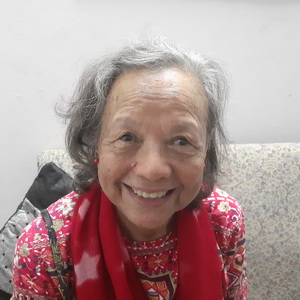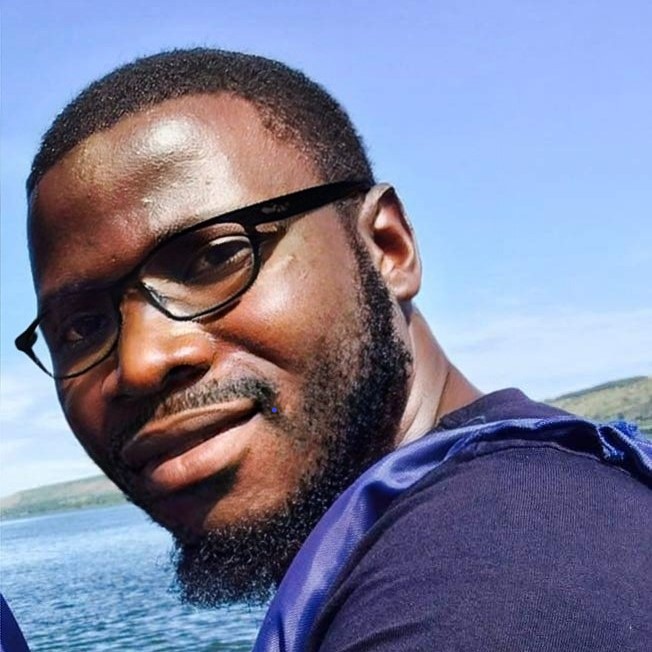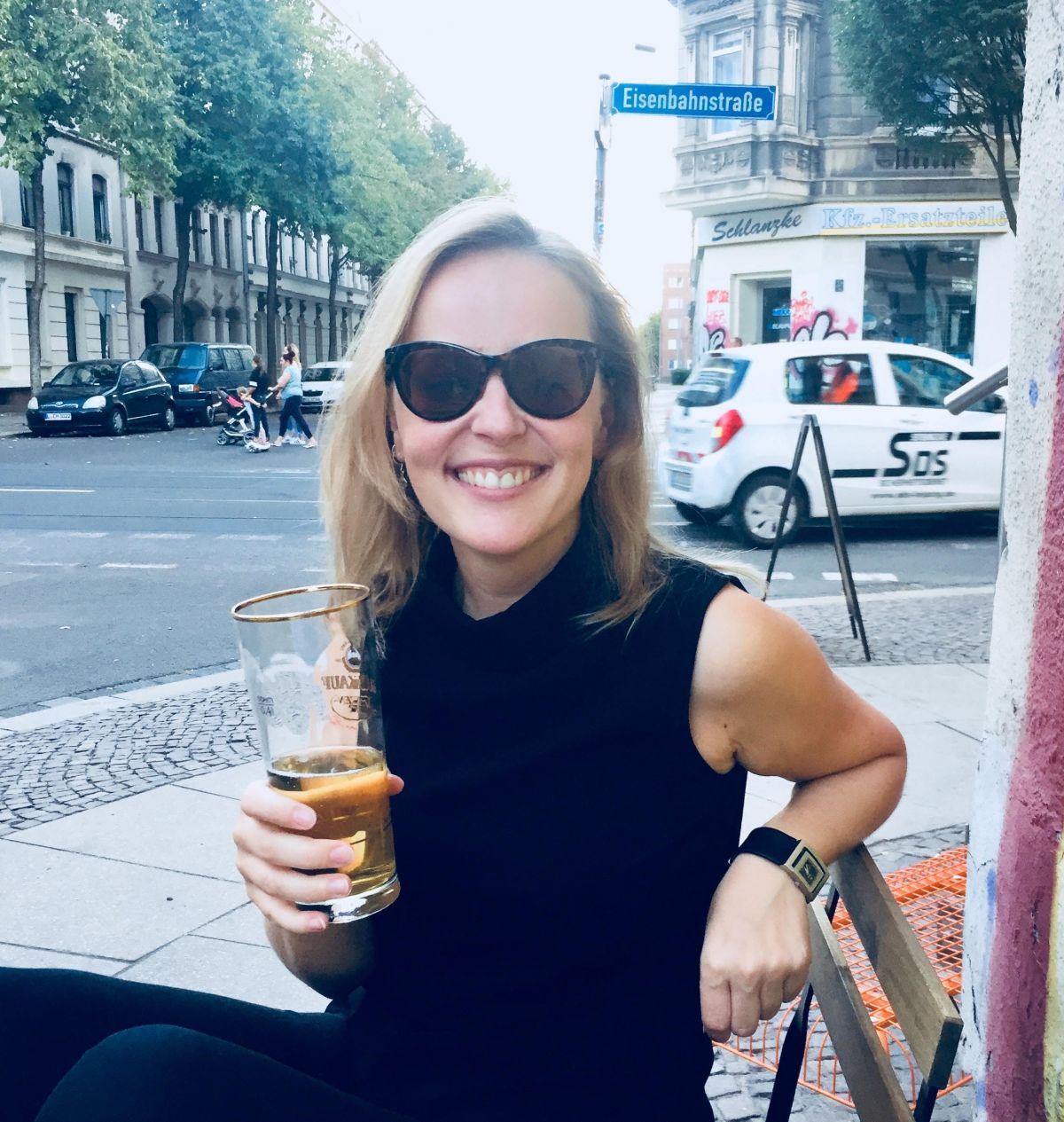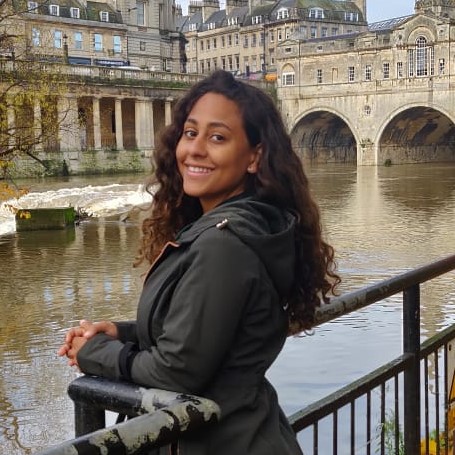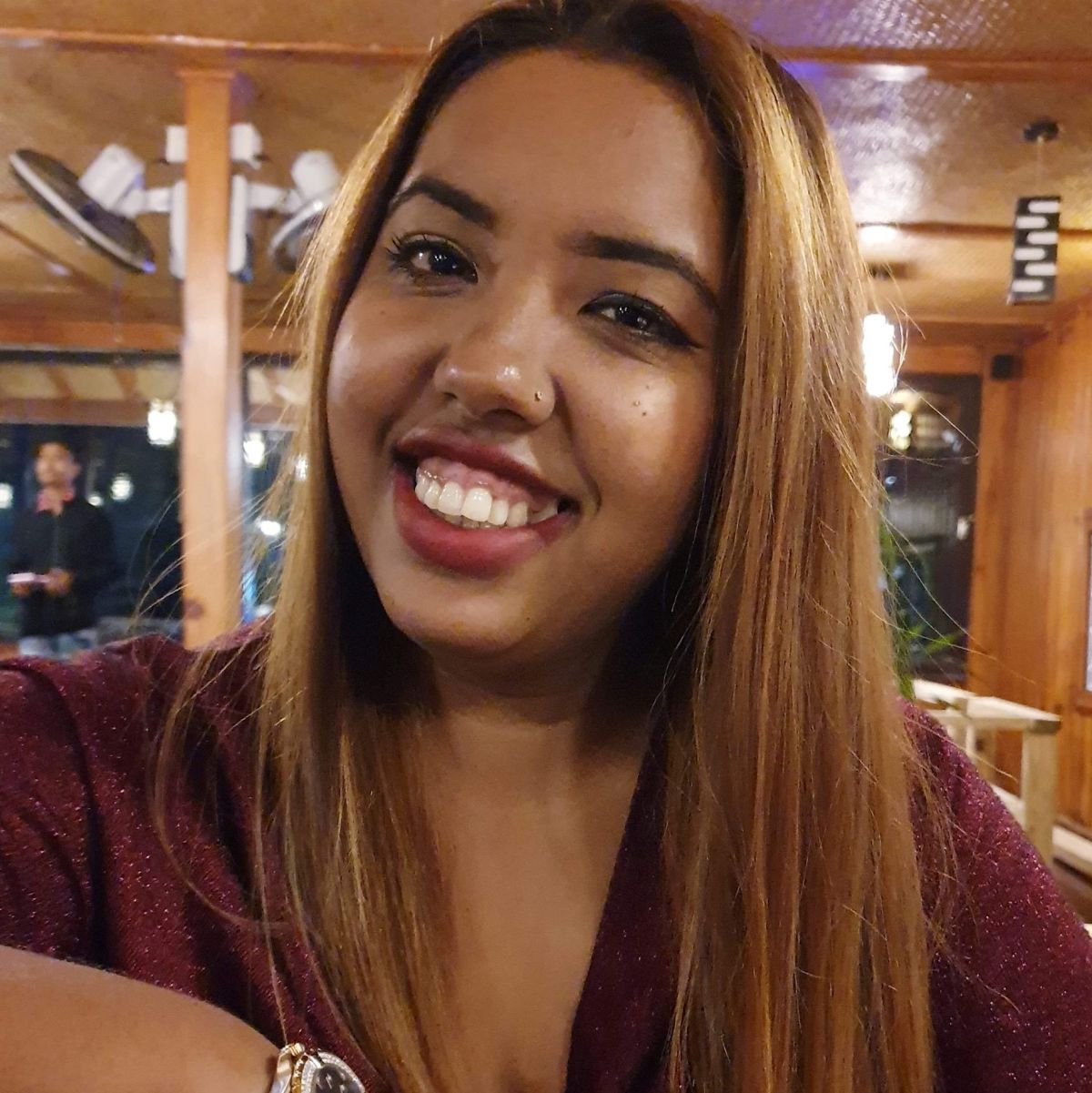Bisessualità Maschile: Esistiamo?
Con la più recente accettazione dell’idea che la sessualità sia uno spettro piuttosto ampio, il fatto che gli uomini bisessuali debbano difendere la loro esistenza sembra essere alquanto pittoresco nel 2020.
Australia, Oceania
Story by Hal Fulcher. Translated by Sati Nunziati
Published on March 5, 2020.
This story is also available in 







E’ stata una lotta crescere da adolescente bisessuale. La prima volta che sentì il termine “bisessuale”, all’età di 13 anni, la mia reazione immediata fu “Aha! E’ così!” e contemporaneamente rigettai l’idea in modo violento. “Mi piace Kristen che segue il corso di matematica, sono normale” mi dissi, cercando a tutti i costi di non pensare ai ragazzi della mia classe ai quali ero attratto comunque.
Sono cresciuto in una piccola cittadina in Australia, vagamente omofobica, cosa che mi portò a negare per anni la mia attrazione per gli uomini. Mentre i miei amici si lanciavano nelle prime scappatelle, io facevo il mio meglio per fingere di non avere sessualità, sperando che la vita potesse ritornare alla sua semplicità prima della pubertà. “Forse se leggo Harry Potter per la decima volta e faccio finta che non ci sia niente che non va potrei riuscire ad affrontare le superiori”. Questo era il mio monologo interiore intorno al 2003.
Ma non è stato fino ai miei primi 20 anni che riuscì tranquillamente ad ammettere la mia bisessualità, prima a me stesso, poi agli altri. Nonostante le cose diventarono molto più semplici dopo il mio coming-out, come se un peso mi fosse stato tolto, identificarmi come bisessuale continua ad essere un ostacolo personale nel creare relazioni e sentimenti che possano essere accettati dalle persone intorno a me. A volte mi chiedo se non sia solo un’impiccio che mi porto dietro dall’educazione che ho ricevuto nella mia piccola città di origine. Mi sono spostato dall’Australia a 22 anni e ho vissuto in diverse capitali europee molto più aperte. Nonostante tutto questo ci sono cose che continuano a sorprendermi: le alzate di sopracciglia e la diffidenza che a volte mi ritrovo ad affrontare dopo aver rivelato di essere bisessuale, sia da parte di persone etero che gay. In passato donne eterosessuali mi hanno rifiutato credendo che fossi esclusivamente gay, o uomini omosessuali dichiaravano che li avrei eventualmente scaricati per una donna.
Questo senso di non appartenere né alla comunità etero né a quella omosessuale potrebbe andare in qualche modo a spiegare un resoconto del Center for American Progress del 2018 il quale ha trovato i bisessuali essere i casi peggiori, in base ad una serie di indicatori sociali e sanitari, sia degli eterosessuali che degli omosessuali; scoperta di cui fui ovviamente inorridito, specialmente considerando che i bisessuali sono la componente più grande della comunità LGBT, un 52%, in base ad uno studio del 2016 del Movement Advancement Project. Ma sembriamo essere anche i meno visibili: dove sono i bar o i gruppi di supporto per bisessuali? Evidentemente assenti.
La cosa peggiore è quando le persone non credono nemmeno all’esistenza della mia sessualità. Recentemente, il 24 Febbraio di quest’anno, ci fu un argomento di tendenza su Twitter che si è diffuso in tutto il mondo: #BisexualMenExisist, in cui, indovinerete, gli uomini bisessuali hanno rifiutato la credenza di lunga data in cui siamo stati considerati delle finzioni o delle creature immaginarie che vivono da qualche parte a Nord di Narnia.
Con la più recente accettazione dell’idea che la sessualità sia uno spettro piuttosto ampio, il fatto che gli uomini bisessuali debbano difendere la loro esistenza sembra essere alquanto pittoresco nel 2020.
Evidentemente le donne bisessuali non sembrano avere gli stessi problemi nel dimostrare la loro identità sessuale. Presumibilmente questo è dovuto alla feticizzazione degli uomini eterossesuali (leggete: società patriarcale) dell’idea di due donne sessualmente unite ma ancora desiderose di un’attenzione maschile. Tuttavia, due uomini che stanno insieme non servono al desiderio degli uomini eterosessuali, quindi due uomini insieme sono ovviamente gay al 100%. Ma io mi chiedo, chi è al 100% in un modo o nell’altro?!
La sessualità concepita in modo binario mi confonde e francamente non riuscirò mai a comprenderla.
Un’altra ragione per cui credo che l’esistenza degli uomini bisessuali sia messa in dubbio è la grave mancanza di rappresentati in televisione o nei media. Scusatemi, ma dove siamo? Crescendo in Australia ogni tipo rappresentazione era, arriverei a dire, inesistente.
Questo, per fortuna, insieme alle rappresentanze delle identità queer, sta iniziando a cambiare. Tutte le piattaforme mostrano sempre di più i diversi tipi di sessualità e di identità di genere nella loro programmazione.
Per concludere, esistono quindi gli uomini bisessuali? Certo! A volte siamo esclusi e resi invisibili? Certo anche questo! Ma le cose stanno migliorando.
How does this story make you feel?
Follow-up
Do you have any questions after reading this story? Do you want to follow-up on what you've just read? Get in touch with our team to learn more! Send an email to [email protected].
Talk about this Story
Please enable cookies to view the comments powered by Disqus.
Subscribe to our Monthly Newsletter
Stay up to date with new stories on Correspondents of the World by subscribing to our monthly newsletter:
Other Stories in Italiano
Explore other Topics
Get involved
At Correspondents of the World, we want to contribute to a better understanding of one another in a world that seems to get smaller by the day - but somehow neglects to bring people closer together as well. We think that one of the most frequent reasons for misunderstanding and unnecessarily heated debates is that we don't really understand how each of us is affected differently by global issues.
Our aim is to change that with every personal story we share.
Community Worldwide
Correspondents of the World is not just this website, but also a great community of people from all over the world. While face-to-face meetings are difficult at the moment, our Facebook Community Group is THE place to be to meet other people invested in Correspondents of the World. We are currently running a series of online-tea talks to get to know each other better.












